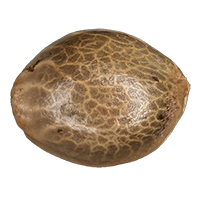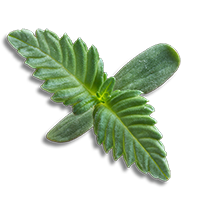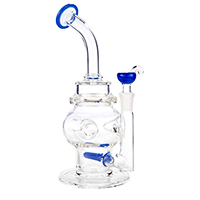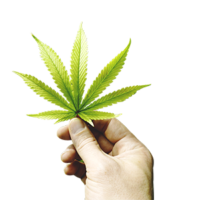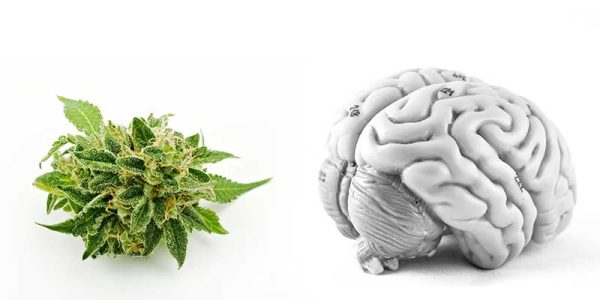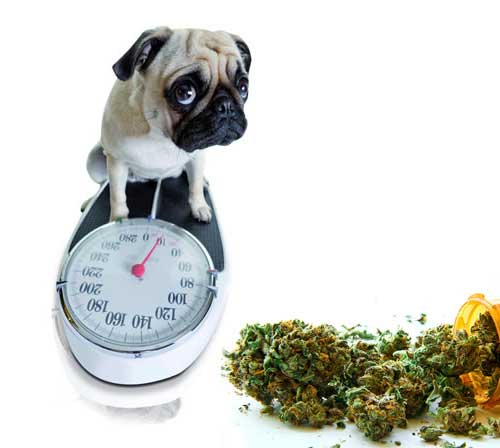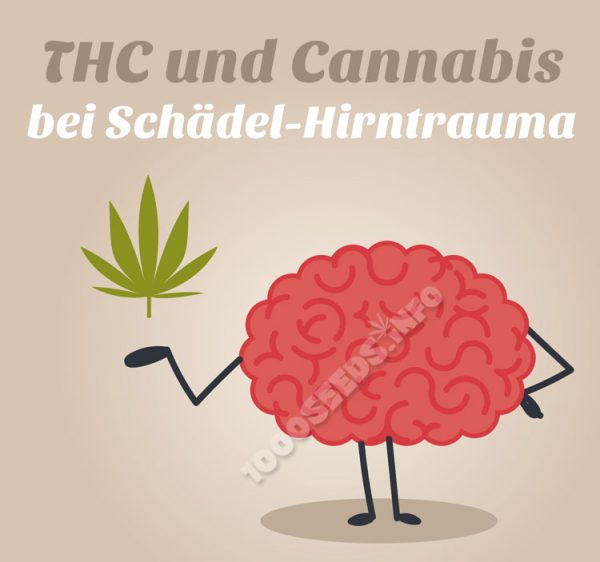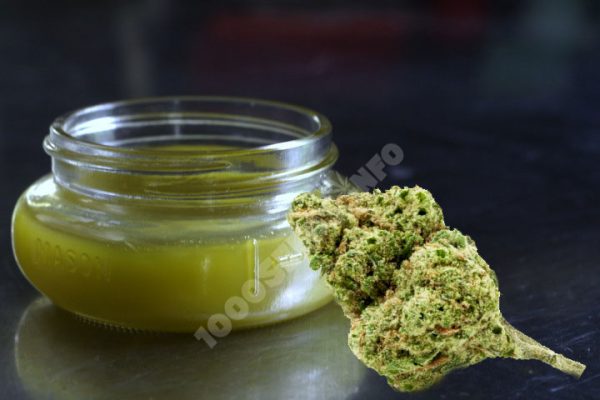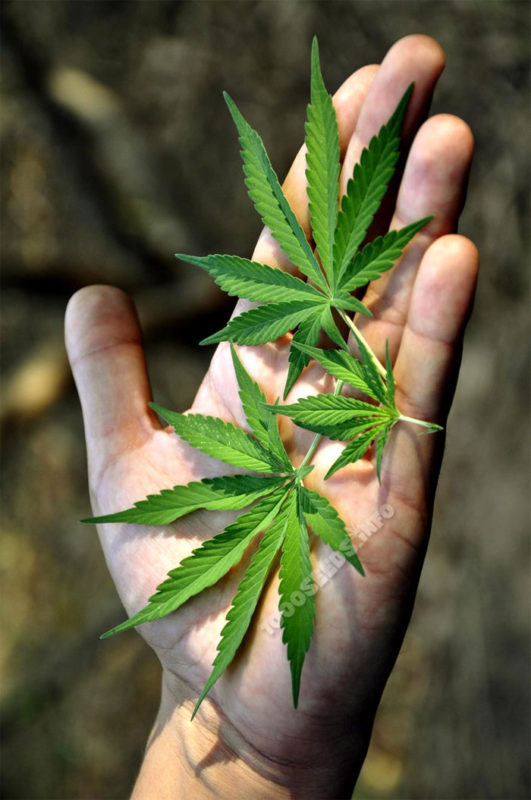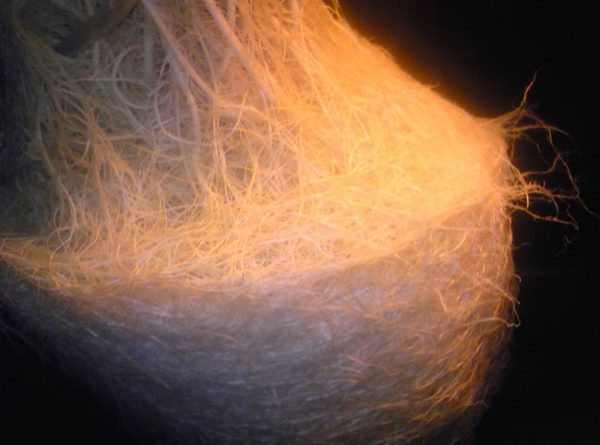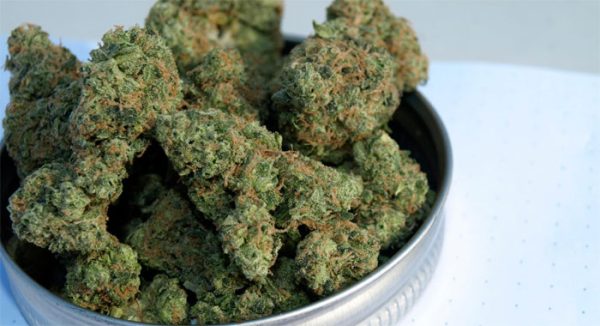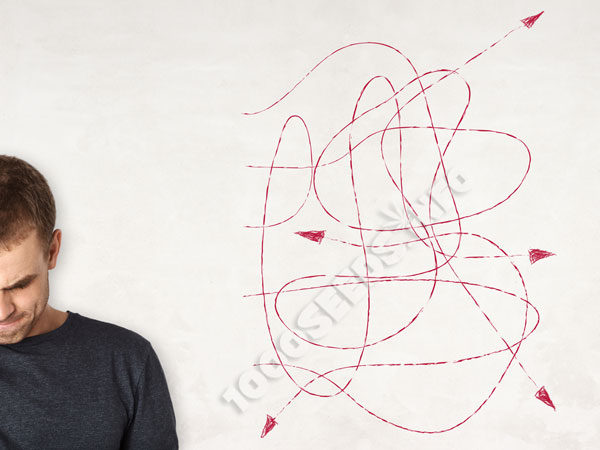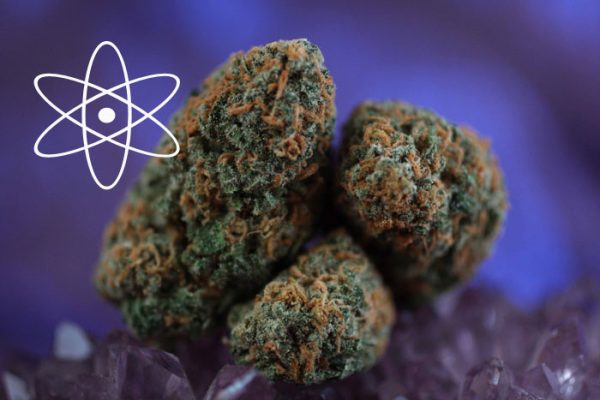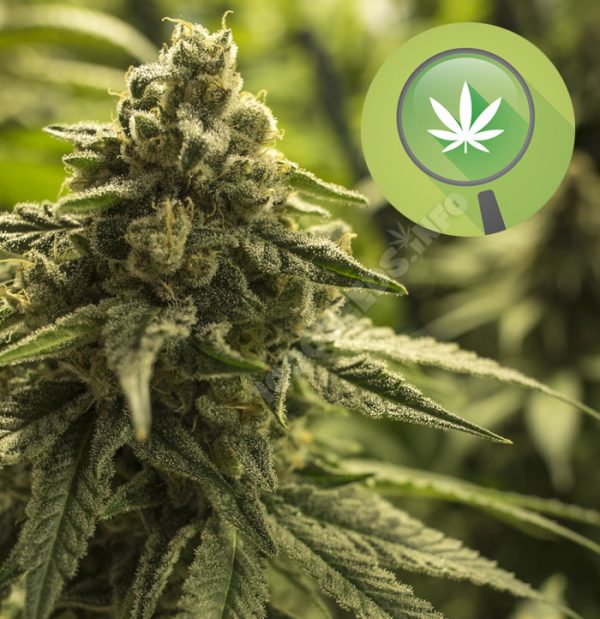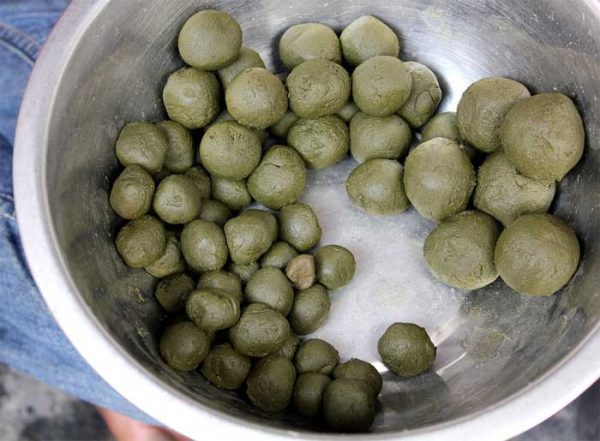Cannabis for the treatment of severe dependence disorders
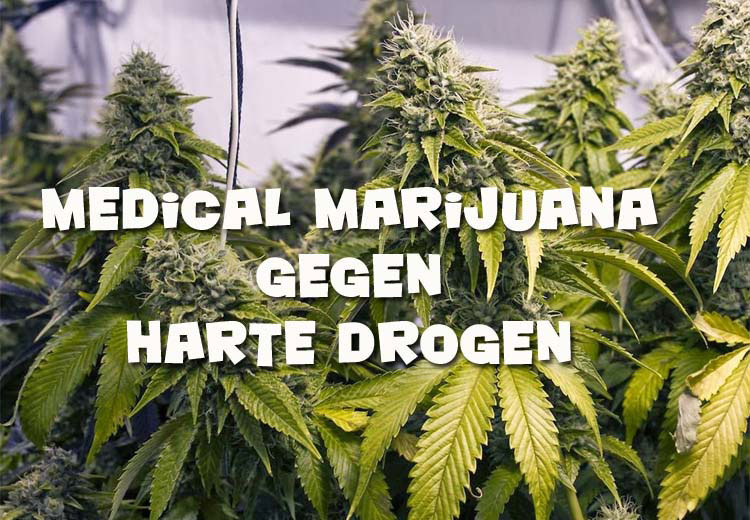
As early as 2007, a large study of 4117 cannabis users in California showed that marijuana was by no means a gateway drug, as propagated by prohibition advocates; in fact, the opposite was the case. For this purpose, the data of patients who legally received cannabis were evaluated. It was shown that the use of marijuana led to a reduction of tobacco, alcohol and hard drugs. When asked about their current alcohol consumption compared to the heaviest consumption of their life, 10% said they lived abstinently and 90% reduced their alcohol consumption by half.
Based on this, according to a study published by the National Institute of Health in the USA, cannabis can be an effective treatment method in curing addictions to hard drugs such as cocaine or amphetamines.
According to the scientists from the Psychiatric Research Unit at the Centre Hospitalier de l'Université de Montreal who conducted the study, it shows a current overview with profound insights into the supporting role of the endocannabinoid system in the neurobiology of stimulant addiction and the effects of its modulation of addictive behaviour. They explain in their abstract that an enormous number of studies have demonstrated the role of the endocannabinoid system and its modulation by synthetic or natural cannabinoids in various neurobiological and behavioural aspects of substance dependence. For the study, the scientists found that cannabinoids modulate the brain's reward system, which is closely associated with stimulant addiction, and they further provide evidence that the cannabinoid system can be considered as a treatment target in the future treatment of addictions to various substances.
Modern research exposes as a myth the long-held belief that cannabis is a gateway drug. On the contrary, activation of the cannabinoid system has a positive effect on the reward system and thus on learned addictive behaviour. Against the background of "harm-reduction", cannabis represents an alternative, supportive and well-tolerated treatment method within addiction therapy for severely addicted persons.

Cannabis can be used to alleviate and treat many complaints such as anxiety, depression, tension, restlessness, traumatic experiences, etc. and in this sense it can also be helpful in drug therapy, where these issues can often be the focus.
After the sale of marijuana was legalised in Uruguay last year, the government is now considering treating prison inmates addicted to cocaine or other hard drugs with medical cannabis. Many prison inmates in Uruguay are addicted to drugs and the government sees cannabis as an effective new form of treatment for them. The idea behind this is not that cannabis should be a substitute for dangerous and questionable other drugs, but rather that the treatment with cannabis should alleviate and reduce fear and anxiety in the context of withdrawal from other drugs.
There are numerous testimonies from opiate addicts who report relief from the pressure of addiction when using cannabis in the context of withdrawal or cessation. Some cannabinoids are now believed to have similar effects to ibogaine, a drug used in the withdrawal treatment of cocaine and heroin. The cannabinoids in cannabis are thought to mimic the healing effects of anandimides, which occur naturally in the brain.
Long term marijuana users seeking medical cannabis in California (2001-2007): demographics, social characteristics, patterns of cannabis and other drug use of 4117 applicants.
Front Psychiatry. 2013; 4: 109.
[fblike style="standard" showfaces="false" width="450″ verb="like" font="arial"] [fbshare type="button"]
<<mehr zum Thema Cannabis als Medizin>>
Medical disclaimer
The information on this website is for general information purposes only and is not to be equated with medical or legal advice. We do not wish to encourage anyone to consume or use drugs illegally. Please consult your doctor/health care provider before using any products/methods referenced or linked to on this website.


